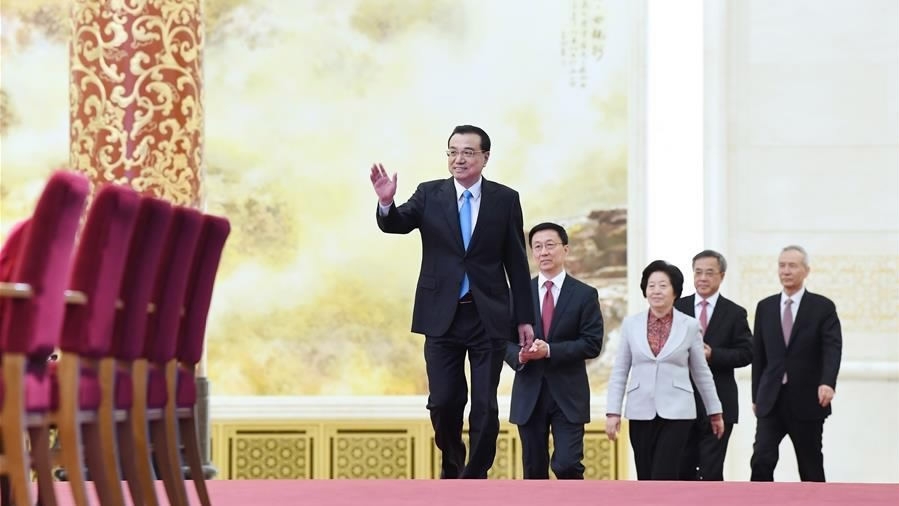The DPRK’s nuclear threat, a potential trade war with the US, a thaw in relations with Japan but also China’s continued reform and opening up were among the key points discussed by Chinese Premier Li Keqiang at a press conference Tuesday after the National People’s Congress (NPC), China’s top legislature, concluded its annual session.
Here is a breakdown of what he said.
DPRK: ‘Get back to negotiation’
Li welcomed signals from the DPRK that it was prepared to denuclearize and urged a return to the negotiating table in the near future.
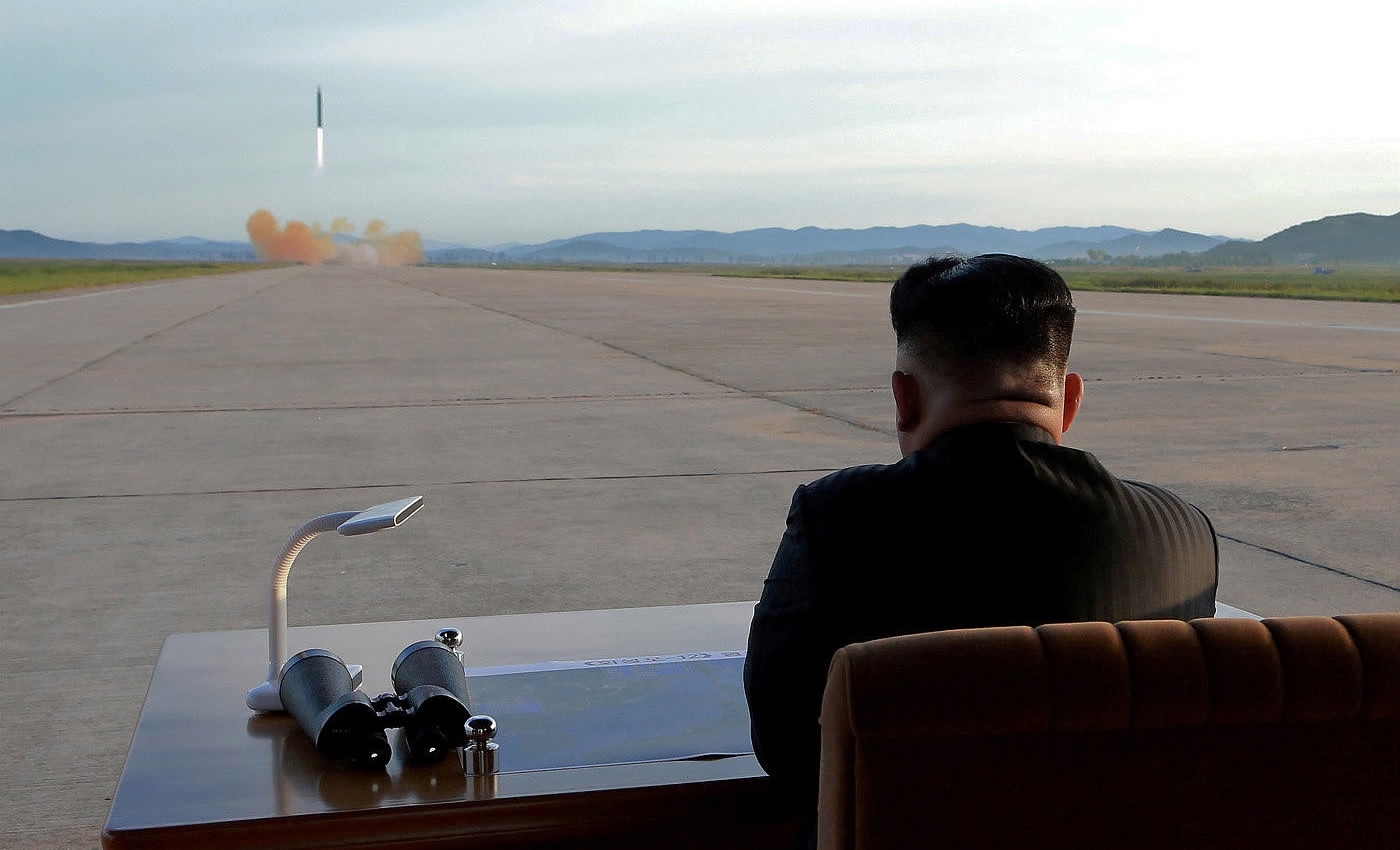
DPRK leader Kim Jong Un watches the launch of a Hwasong-12 missile in this undated photo released by the Korean Central News Agency (KCNA) on September 16, 2017. /VCG Photo
DPRK leader Kim Jong Un watches the launch of a Hwasong-12 missile in this undated photo released by the Korean Central News Agency (KCNA) on September 16, 2017. /VCG Photo
Tensions have eased on the Korean peninsula with Pyongyang and Seoul due to hold a joint summit next month. US President Donald Trump has also accepted an invitation to meet face-to-face with DPRK leader Kim Jong Un.
“China supports all efforts that will help resolve the Korean nuclear issue through dialogue and consultation,” Li told reporters.
“We hope that all parties will show sincerity, take concrete actions and get the nuclear issue back to the track of negotiation so that new progress will be made towards denuclearization and peace and stability on the Korean Peninsula.”
This was in the interest “of all the parties concerned and the whole world,” he insisted.
‘We don’t want to see a trade war’
Li broached the topic of a potential trade war with the US, after President Trump announced plans to slap tariffs on Chinese imports.
“We believe that a trade war does either (country) no good. No one will emerge the winner,” Li told reporters.
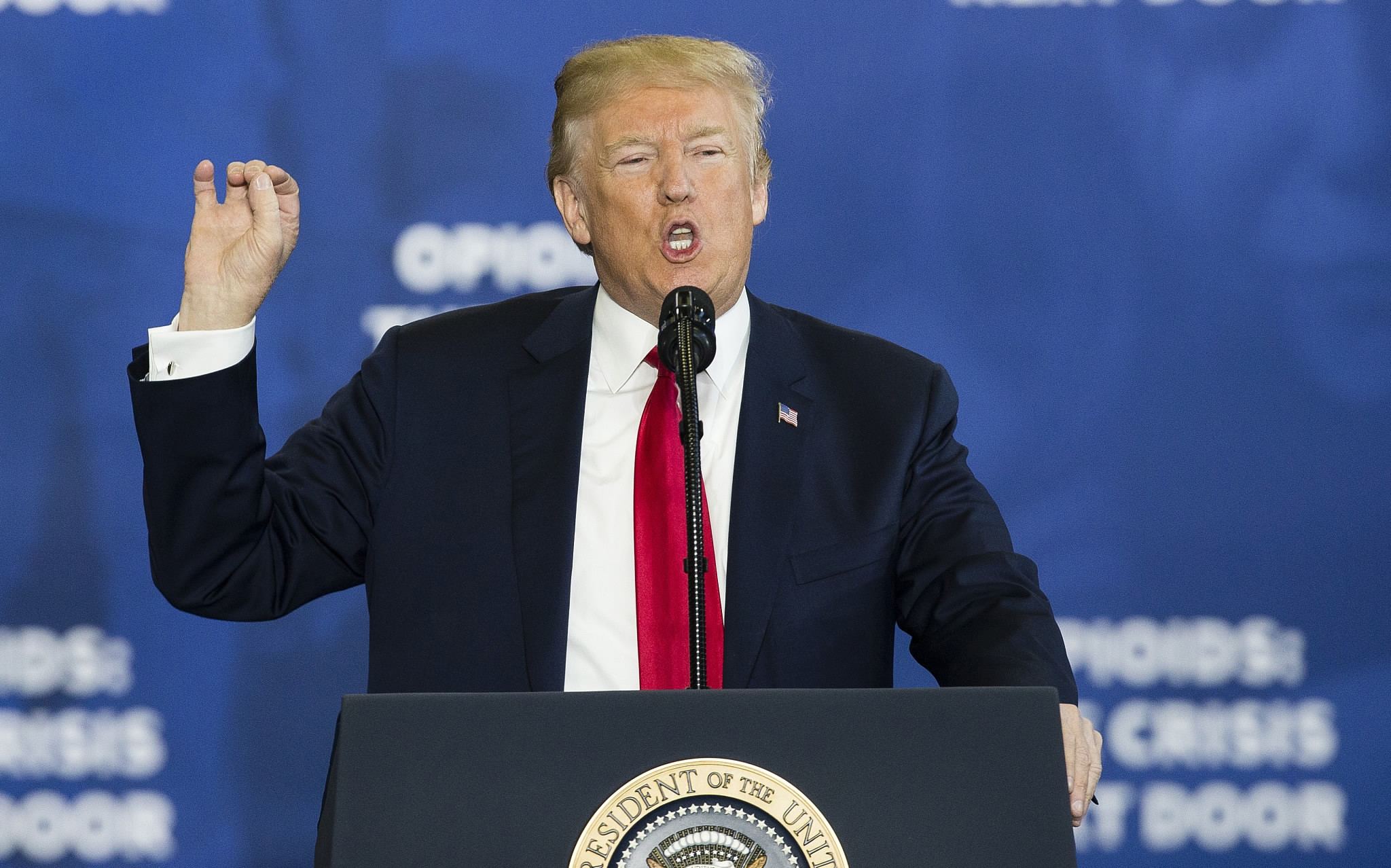
US President Donald Trump delivers a speech at Manchester Community College in Manchester, NH on March 19, 2018. /VCG Photo
US President Donald Trump delivers a speech at Manchester Community College in Manchester, NH on March 19, 2018. /VCG Photo
Last year, China-US trade amounted to 580 billion US dollars, a volume impossible to achieve without dialogue and negotiation, he added.
“We don’t want to see a trade war,” Li continued, adding he hoped all parties would “act rationally, instead of being led by emotions.”
One key issue for the US – intellectual property rights – is already being worked on in Beijing, Li noted.
As China continues its process of reform and opening up, this will bring further opportunities to US firms, he promised.
‘China will open even wider’
China is celebrating the 40th anniversary of its reform and opening up policy this year.
But “there is still broad room for further opening up,” Li said Tuesday, citing plans to lower overall tariffs on imports; lift limits on foreign-owned equity; open up the manufacturing sector; protect intellectual property rights; and widen market access for financial services, education, and healthcare.
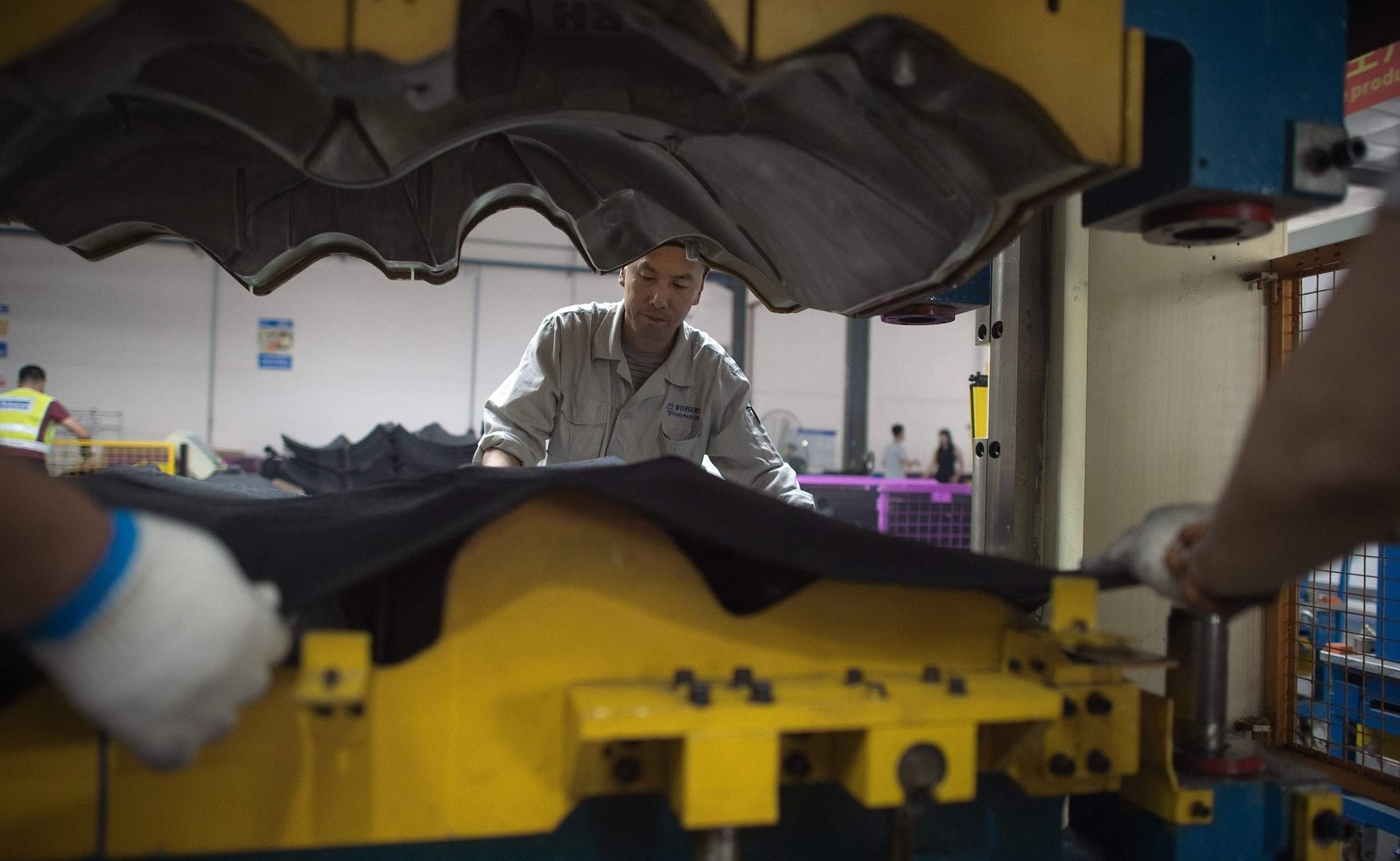
Workers manipulate a machine to produce car interior pieces for a major European car maker in the American Industrial Park in Shenyang, China on July 3, 2017. /VCG Photo
Workers manipulate a machine to produce car interior pieces for a major European car maker in the American Industrial Park in Shenyang, China on July 3, 2017. /VCG Photo
This was all part of a step by step process, he said. But “a small step of opening up over time may deliver tremendous benefits.”
‘China will not seek expansion’
Li rejected foreign concerns that Chinese investments and financial help to regions like Africa or through its Belt and Road Initiative were an attempt to spread its influence.
“Such assistance has never come with political strings attached,” he insisted, arguing that China needs a peaceful international environment to achieve growth.
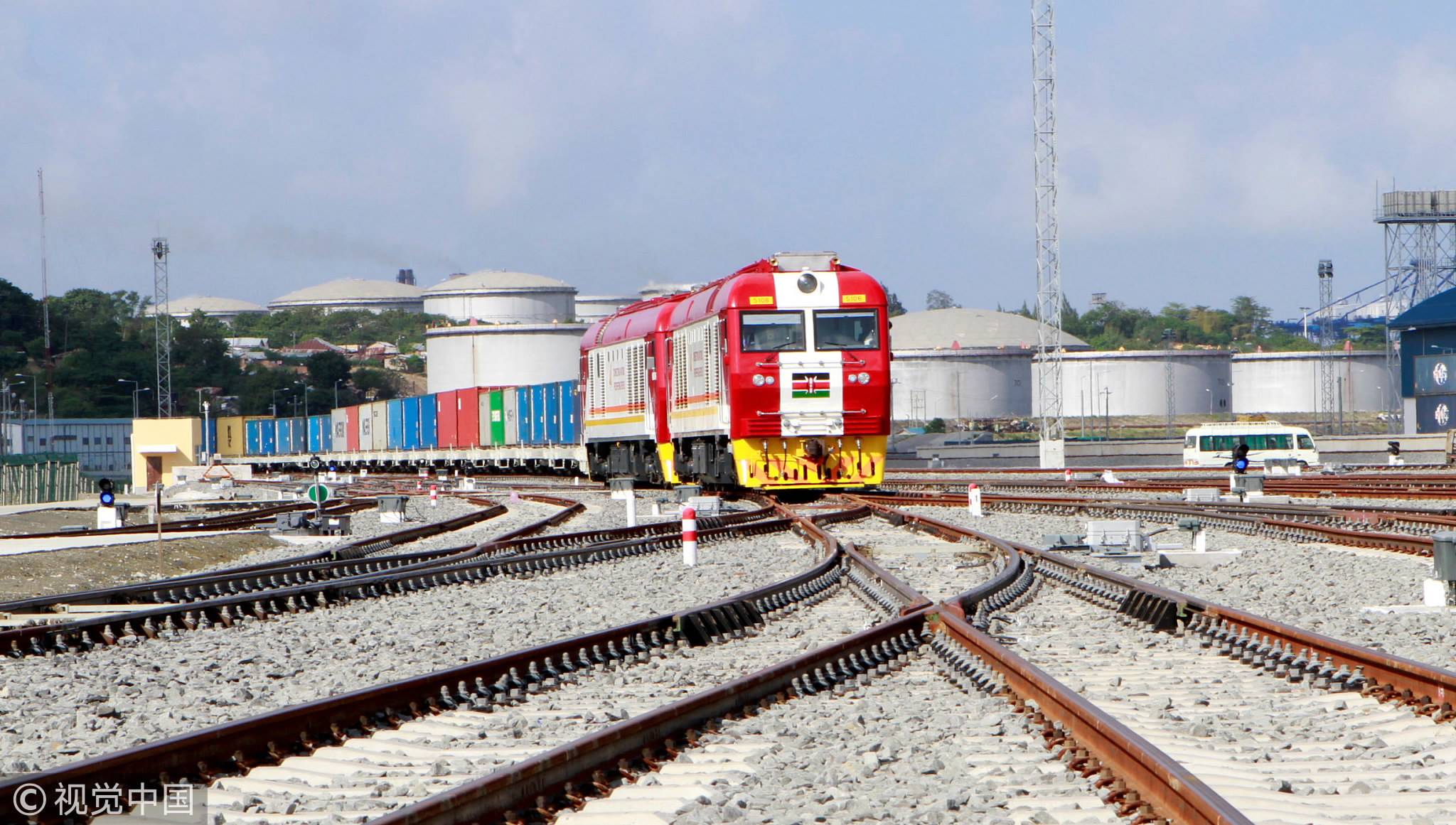
The Standard Gauge Railway (SGR) line was constructed by the China Road and Bridge Corporation (CRBC) and financed by the Chinese government in Kenya's coastal city of Mombasa, May 30, 2017. /VCG Photo
The Standard Gauge Railway (SGR) line was constructed by the China Road and Bridge Corporation (CRBC) and financed by the Chinese government in Kenya's coastal city of Mombasa, May 30, 2017. /VCG Photo
The world’s second biggest economy, China has contributed 30 percent to global economic growth over the past few years, Li pointed out.
“Even if it becomes stronger in the future, (China) will not follow the old logic that a stronger country is bound to seek hegemony,” he vowed.
China “will not abandon a single inch of its own land… and in the same way, China will not take or occupy an inch of land" belonging to others.
‘Must not tolerate’ Taiwan independence talk
Li left no doubt in anyone’s mind that China was as committed as ever to the idea of reunification between Taiwan and the mainland in the future.
“We must not tolerate any attempt or proposition for 'Taiwan independence',” he said Tuesday.
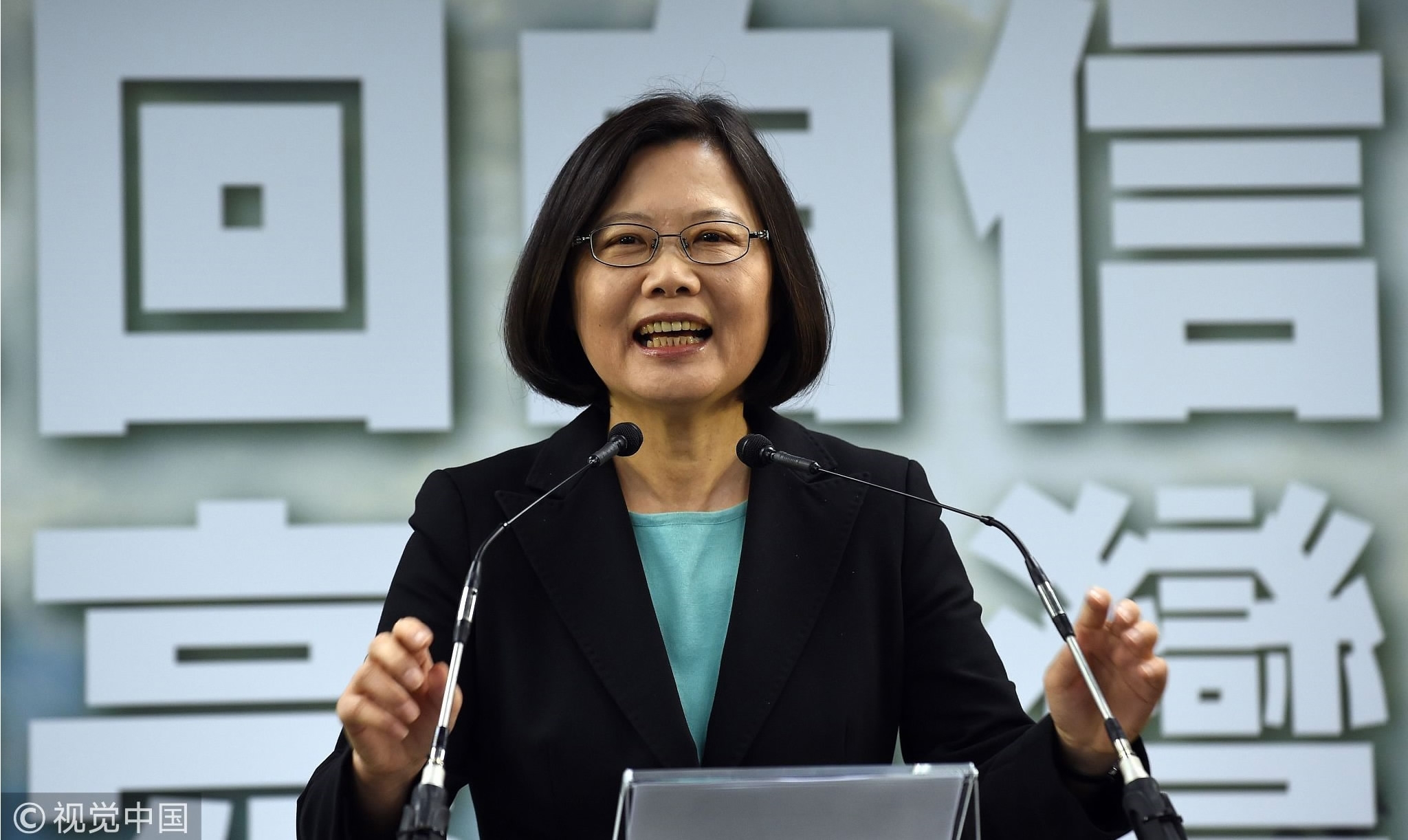
Taiwan leader Tsai Ing-wen at a press conference in Taipei on April 15, 2015. /VCG Photo
Taiwan leader Tsai Ing-wen at a press conference in Taipei on April 15, 2015. /VCG Photo
Beijing has been keen to boost cross-Strait relations and Li reiterated it would make every effort to provide people from Taiwan with equal work, life and study opportunities as residents on the mainland.
“We are ready to have dialogue and consultation with all political parties and groups in Taiwan who subscribe to the One China principle… to eventually achieve China’s peaceful reunification,” Li said.
‘A spring in China-Japan relations’
Relations between China and Japan have long been frosty, but Li hinted they could be headed for a thaw.
“I would be ready to actively consider attending the China-Japan-ROK leaders’ meeting and pay an official visit to Japan,” he said to a question from a Japanese journalist, referring to a meeting expected in the first half of this year.
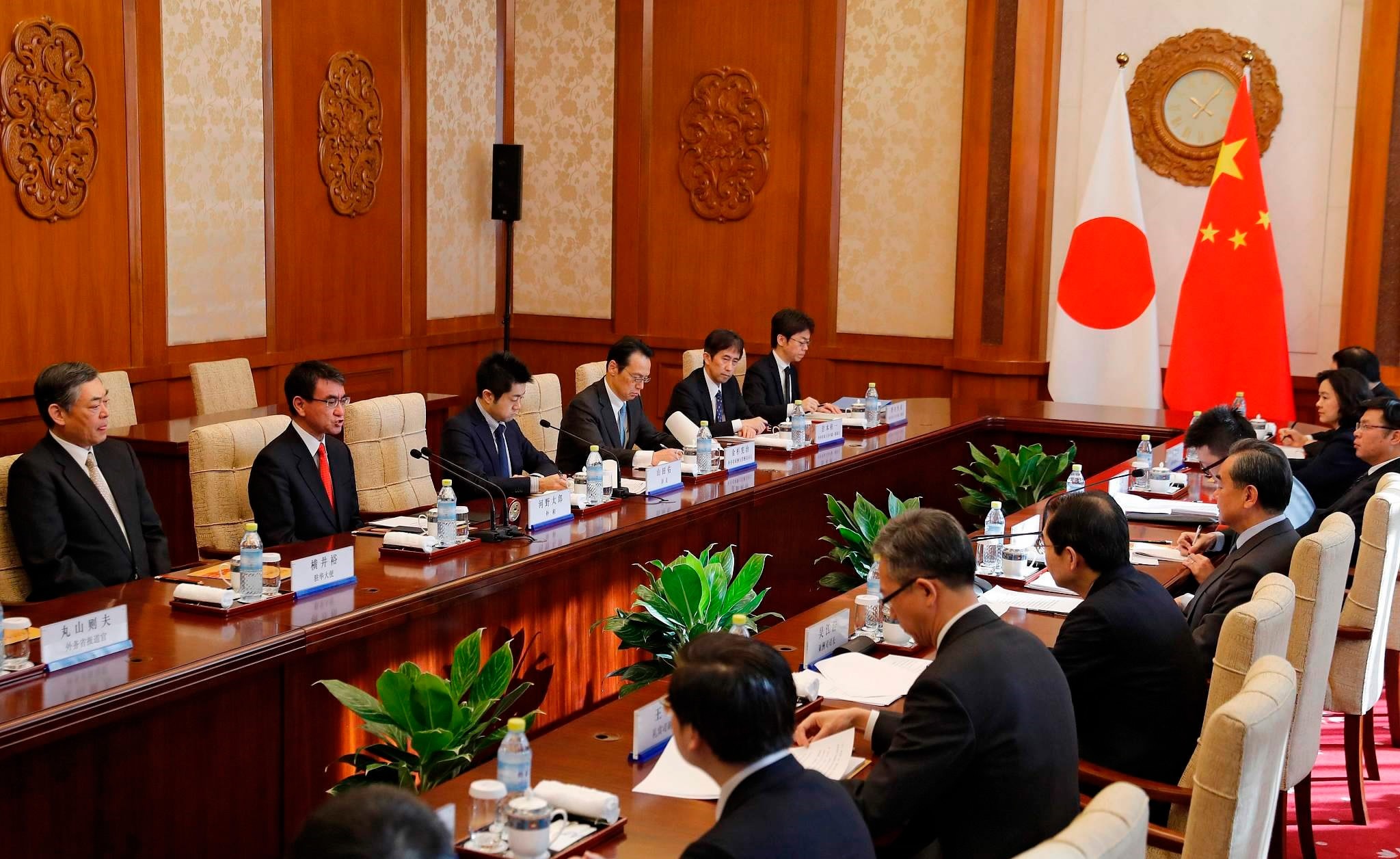
Japan's Foreign Minister Taro Kono (2nd L) speaks during a meeting with China's Foreign Minister Wang Yi (5th R) at the Diaoyutai State Guesthouse in Beijing on January 28, 2018. /VCG Photo
Japan's Foreign Minister Taro Kono (2nd L) speaks during a meeting with China's Foreign Minister Wang Yi (5th R) at the Diaoyutai State Guesthouse in Beijing on January 28, 2018. /VCG Photo
The three countries have clashed repeatedly over their handling of World War Two history, including the treatment of so-called “comfort women”, but are also seen as key partners in efforts to rein in a nuclear DPRK.
Li nevertheless cautioned on Tuesday against high expectations in bilateral relations between the two Asian powers. “We are seeing a spring in China-Japan relations but we also need to watch out for any possible return of chills,” he said.

